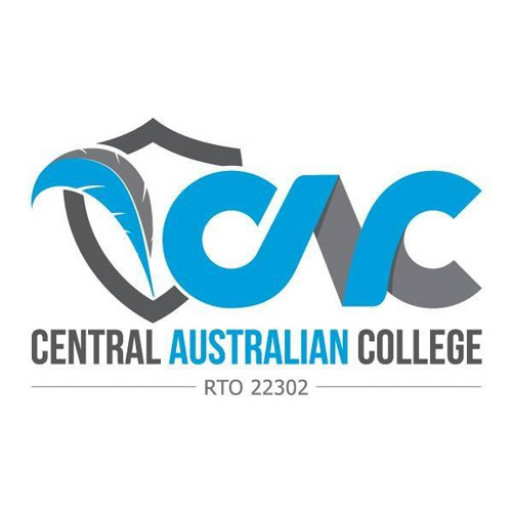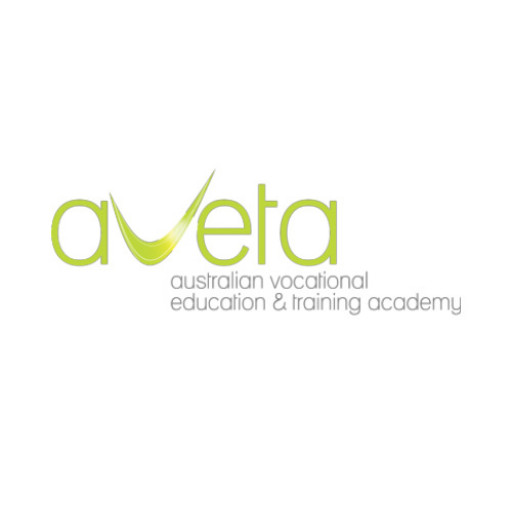Routine English for Speakers of Other Languages (ESOL) at TAFE NSW is designed to help non-native English speakers improve their language skills to communicate effectively in everyday life, work, and community settings. This comprehensive program focuses on building confidence in speaking, listening, reading, and writing English through practical and interactive learning experiences. Participants will develop essential vocabulary and grammatical structures tailored to real-world situations, enabling them to engage confidently in social interactions, navigate public services, and pursue further education or employment opportunities. The curriculum emphasizes pronunciation, fluency, and comprehension, ensuring learners can understand and be understood across various contexts. Delivered by experienced instructors in a welcoming and supportive environment, the program incorporates a variety of teaching methods including group discussions, role-plays, multimedia resources, and hands-on activities to foster active learning. The courses are flexible and designed to accommodate diverse learner needs, allowing students to progress at their own pace. Upon successful completion, participants will have gained practical language skills that can greatly enhance their integration into Australian society and improve their employment prospects. Whether starting from basic proficiency or looking to refine existing skills, this program provides the necessary tools for learners to communicate more effectively and confidently in routine English situations. Enroll today to take the next step toward mastering English and opening new opportunities in your personal and professional life.
Program Content for Routine English for Speakers of Other Languages
The Routine English for Speakers of Other Languages program is designed to develop practical language skills necessary for everyday communication, social interaction, and workplace integration for learners whose first language is not English. This program focuses on enhancing speaking, listening, reading, and writing abilities through engaging and contextualized learning activities that reflect real-life scenarios. Participants will improve their ability to understand and use English in routine situations such as shopping, travel, healthcare, and community engagement, enabling them to participate more confidently and independently in Australian society.
Throughout the course, learners will explore essential topics including basic grammar, vocabulary building, pronunciation, and conversational skills. Emphasis is placed on practical language that learners can immediately apply in their daily lives, fostering both functional communication and cultural understanding. The program incorporates a variety of teaching methods, including interactive group activities, role-plays, oral presentations, and listening exercises, to promote active participation and reinforce learning outcomes.
The curriculum is tailored to meet the needs of adult learners at various proficiency levels, from beginner to intermediate, ensuring each participant can progress at a suitable pace. In addition to language skills, the program also aims to increase learners’ confidence and motivation to continue their English language journey and pursue further education or employment opportunities.
Participants will benefit from supportive classroom environments facilitated by qualified instructors experienced in teaching ESL. They will also have access to learning resources such as multimedia materials, language practice exercises, and community engagement opportunities. The program encourages learners to practice their skills in real-world settings through community visits, language clubs, and partnerships with local businesses.
Upon completion of the Routine English for Speakers of Other Languages program, learners will be better prepared to communicate effectively in routine and familiar contexts, enhancing their social participation and employability. This program is an excellent stepping stone for individuals seeking to build a solid foundation in English language proficiency, enabling them to integrate more fully into Australian society and access further educational or employment pathways.
Program requirements for the Routine English for Speakers of Other Languages course at TAFE NSW typically include a minimum age of 17 years old, with a proven proficiency in basic English language skills sufficient to participate in the course. Applicants are required to demonstrate English language proficiency through accepted assessments such as IELTS, TOEFL, or equivalent, often with a minimum IELTS score of 4.0 to 4.5 in each band, though specific scores may vary. Additionally, prospective students must complete a language assessment or interview to confirm suitability for the program.
There are no formal academic prerequisites for entry, but completion of primary or secondary education in English or equivalent is preferred. Applicants must also meet all health and character requirements set by TAFE NSW, including background checks if necessary. For international students, a valid student visa is required, and they must provide evidence of health insurance coverage for the duration of their studies.
The program is designed to develop foundational English skills, including listening, speaking, reading, and writing, to enable effective communication in everyday situations. As such, students are expected to participate actively in classroom activities, complete all assignments and assessments, and engage in practical language practice. Attendance requirements typically stipulate a minimum attendance rate, often around 80%, to ensure sufficient exposure to language learning.
In some cases, students may be required to undertake pre-course testing to determine their appropriate placement level. The program may also include the development of intercultural communication skills, understanding of Australian culture, and basic academic or workplace communication if applicable. Successful completion of the course may lead to pathways for further study or entry into employment opportunities requiring basic English communication skills.
Overall, the entrance requirements focus on ensuring that students possess basic English language competence and are motivated to improve their language skills within a supportive learning environment.
Funding options for the Routine English for Speakers of Other Languages program at TAFE NSW are available through various government and private financial assistance schemes. The Australian government offers support through the Short Course Student Subsidy, which reduces tuition costs for eligible students, including those undertaking language courses to improve employment prospects. Additionally, the Adult Migrant English Program (AMEP) provides free English language lessons to eligible migrants and humanitarian entrants, which may include students enrolled in the program, depending on their visa status and individual circumstances.
TAFE NSW also provides flexible payment plans to help students manage their tuition fees over time. These include upfront payment discounts and installment options, allowing students to choose the most suitable arrangement to suit their financial situation. Scholarships may be available for students demonstrating financial hardship, academic merit, or community contribution. Applicants are advised to consult the TAFE NSW Financial Services team to determine eligibility for specific funding sources and guidance on application processes.
Furthermore, some students may qualify for additional support through state-specific programs or community organization grants, aimed at increasing access to language education for disadvantaged groups. International students coming to Australia on student visas are typically responsible for full fee payment, but they may explore scholarships offered by external organizations or their home countries for language studies.
It is recommended that prospective students contact TAFE NSW Student Services or visit the official website to obtain detailed information on all current financial aid options, eligibility criteria, application deadlines, and necessary documentation. Being informed about the available funding opportunities can significantly reduce the financial burden of undertaking English language studies and facilitate successful program completion.
The Routine English for Speakers of Other Languages program at TAFE NSW is designed to enhance the practical English language skills of individuals whose first language is not English. The program aims to improve communicative competence in everyday situations, focusing on routine language tasks that are essential for social integration, employment, and further education.
Participants in the program develop foundational skills in speaking, listening, reading, and writing English through a variety of instructional methods, including classroom lessons, interactive activities, and practical exercises. The curriculum emphasizes the practical application of language skills in real-life contexts such as shopping, transportation, healthcare, and workplace communication, ensuring that students can participate actively in their community and workplace.
The program is tailored to meet the needs of learners at different levels of English proficiency, from beginner to intermediate. It provides a supportive learning environment that encourages confidence building and cultural understanding. Instructors employ a range of teaching resources, including audio-visual materials, role-plays, and group discussions, to foster engaging and effective learning experiences.
Upon successful completion of the program, students are better equipped to engage in everyday conversations, understand and follow instructions, and express their needs clearly. This improved proficiency can also serve as a stepping stone for further studies or vocational training in English or other fields at TAFE NSW or similar institutions.
The program typically caters to immigrants, refugees, and international students who wish to improve their English language skills for personal, social, and professional reasons. It aligns with TAFE NSW’s mission to provide accessible, high-quality education and training opportunities for diverse communities.
Overall, the Routine English for Speakers of Other Languages program at TAFE NSW aims to empower non-native English speakers to participate fully in Australian society, fostering independence, confidence, and opportunities for career advancement. The program duration, scheduling, and admission requirements vary, so prospective students should consult the official TAFE NSW website for the most current and detailed information related to enrollment and course commencement dates.







